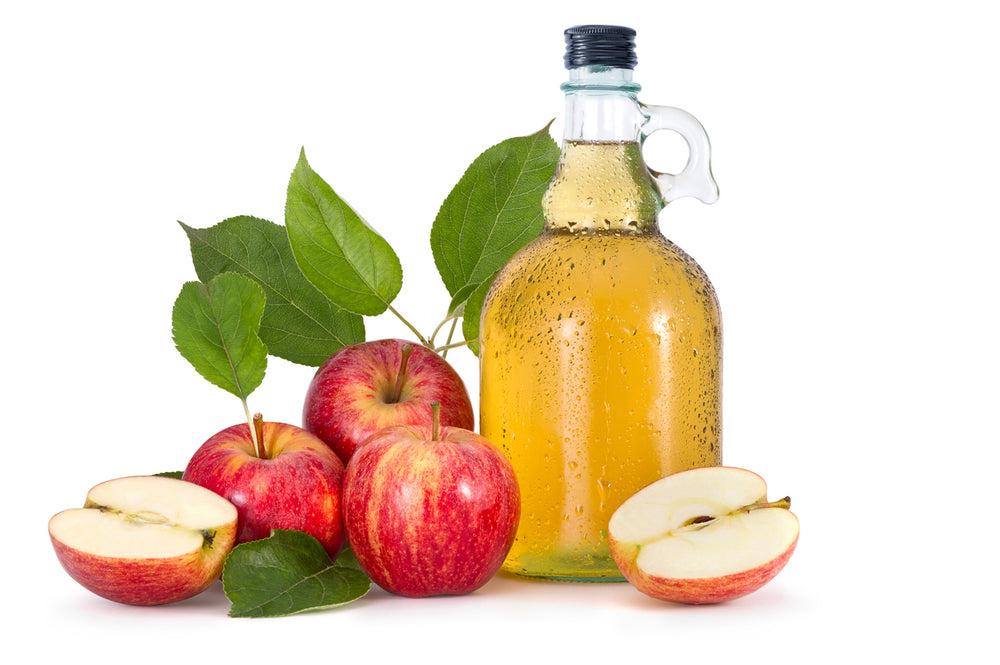The tradition of hard cider in Britain spans centuries, with a rich history and a variety of flavours that have evolved over time. This delightful beverage is made from fermented apple juice and has long been a part of British culture. It is cherished for its refreshing taste. From the quaint orchards of the countryside to the bustling cities, hard cider continues to hold a special place in the hearts of the British people. This article explores the fascinating world of British hard cider, from its traditional roots to the exciting modern varieties that are captivating taste buds today.
The History of British Hard Cider

The roots of British hard cider can be traced back to ancient times when apples were first introduced to the country by the Romans. Early Britons quickly embraced the art of cider-making, utilizing wild apples and simple fermentation methods to create this beverage. Over the centuries, cider production has become more refined, with dedicated orchards and specialized apple varieties improving cider quality and taste.
During the medieval era, cider-making flourished in monasteries, where skilled monks crafted flavourful ciders enjoyed by nobility and commoners alike. In the 17th century, cider experienced a golden age when it became the drink of choice for many in England, even surpassing beer in popularity. With the entrance of William the Conqueror in 1066, French influences further enhanced the cider-making process and strengthened its position in British culture.
The Art of Cider Making
Traditional cider-making in Britain is a labour of love and craftsmanship. Orchards are carefully tended throughout the year, and the apples are harvested in the autumn when they are ripe and juicy. The apples are then sorted and pressed to extract the juice. Then the juice is left to ferment naturally with the help of wild yeasts.
The fermentation process can take several months, during which the cider develops a distinctive taste and character. After fermentation, the cider is often aged in wooden barrels, which further fortifies its complexity and depth. Traditional cider-making is a celebration of the natural flavours of apples and the terroir of the orchards, which ultimately results in a drink that embodies the essence of the British countryside.
Traditional Cider Varieties

British hard cider is renowned for its diverse range of traditional varieties, each offering unique flavours and characteristics. Some of the classic cider apple varieties include:
Kingston Black
Known for its bittersweet flavour and high tannin content, the Kingston Black apple contributes complexity and depth to traditional ciders.
Dabinett
With a perfect balance of sweetness and acidity, the Dabinett apples create well-rounded and easy-to-drink ciders.
Yarlington Mill
This apple variety is valued for its distinctive nutty taste and subtle astringency, lending a unique character to ciders.
Brown Snout
Brown Snout apples add a delightful spiciness to ciders and enhance the overall flavour of the cider.
Other Varieties of Traditional Hard Cider Include:

Scrumpy Cider
Scrumpy is a term used to describe traditional farmhouse ciders that are often unfiltered and unpasteurized. These ciders have a rustic and full-bodied taste, with a strong apple flavour and a slight cloudiness from the apple solids.
Perry
Perry is a traditional cider made from fermented pear juice, which is similar to apple cider. It has a milder and light sweeter taste compared to apple cider with delicate pear notes.
Dry Cider
Dry ciders have minimal residual sweetness and allow the natural tartness of the apples to shine through. The drink is crisp, refreshing, and popular among those who prefer a less sweet beverage.
Sweet Cider
On the opposite end of the spectrum, sweet ciders have a higher level of residual sugar which results in a more pronounced sweetness and a smooth, juicy taste.
Medium Cider
Medium ciders strike a balance between dry and sweet varieties, offering a harmonious combination of sweetness and tartness.
Single Varietal Ciders
These ciders are made using a single apple variety, allowing the unique flavour of that particular apple to be highlighted.
Traditional Oak-Aged Ciders
Ciders aged in oak barrels acquire subtle woody and vanilla notes and add complexity and depth to the flavour.
Farmhouse Ciders
Farmhouse ciders are made using traditional methods, often relying on wild yeast for fermentation and featuring apples from old, heritage orchards.
Still Ciders
Still ciders are flat and not carbonated, offering a smooth and natural taste experience.
Sparkling Ciders
Sparkling ciders are effervescent and bubbly and created either through natural fermentation or by adding carbonation.
Modern Cider Revival

In recent years, there has been a resurgence of interest in hard cider, with a new wave of innovative and modern ciders captivating consumers. Craft cider producers are experimenting with a wide range of apple varieties, blending techniques, and flavour infusions to create exciting and dynamic ciders.
Modern Varieties of Hard Cider
Craft cideries across Britain are pushing the boundaries of traditional cider-making to introduce unique flavours to cater to diverse palates. These modern ciders often appeal to the younger generation, who seek more adventurous and refreshing beverages.
Elderflower Cider
Infused with the delicate and floral notes of elderflower, this cider offers a refreshing and aromatic taste.
Rhubarb Cider
Blending the tartness of rhubarb with the sweetness of apples creates a balanced and tangy flavour.
Berry Blends
Ciders infused with a mix of berries, such as blackberries, raspberries, or blueberries, add vibrant colours and fruity taste.
Spiced Ciders
Ciders with added spices like cinnamon, nutmeg, or ginger offer a warm and comforting twist to traditional flavours.
Hopped Ciders
Incorporating hops into cider production creates a delightful fusion of beer and cider characteristics, appealing to beer lovers as well.
Citrus Ciders
Infused with zesty citrus fruits like lemons, oranges, or grapefruits, these ciders offer a bright and tangy taste.
Tropical Ciders
Combining exotic fruits like mango, passion fruit or pineapple with apples results in a tropical and refreshing cider experience.
Chai Spiced Ciders
Inspired by the traditional Indian chai tea, these ciders incorporate spices like cardamom, cinnamon, and cloves for a unique and aromatic flavour.
Peppercorn Ciders
Adding peppercorns to the cider gives a subtle peppery kick to the drink that complements the natural sweetness of apples.
Bourbon Barrel-Aged Ciders
Ciders aged in bourbon barrels acquire rich and complex flavours with hints of oak, vanilla, and caramel.
Cider-Infused with Herbs
Ciders infused with herbs like rosemary, thyme, or lavender offer a savoury and aromatic twist on traditional flavours.
Conclusion

British hard cider is more than just a beverage - it is an essential part of the country's heritage and cultural identity. From its ancient origins to the modern cider revival, this delightful drink has journeyed through time, evolving and adapting to the changing preferences and taste of the nation.


 Easter 2026
Easter 2026
 Frozen Food
Frozen Food
 Baking
Baking
 Beans, Peas, Soups & Tins
Beans, Peas, Soups & Tins
 Biscuits, Crackers & Cookies
Biscuits, Crackers & Cookies
 Candy / Sweets
Candy / Sweets
 Crisps & Snacks
Crisps & Snacks
 Chemist / Pharmacy
Chemist / Pharmacy
 Desserts
Desserts
 Gravy, Stock & Paste
Gravy, Stock & Paste
 Haggis
Haggis
 Indian Sauces, Paste and Pickle
Indian Sauces, Paste and Pickle
 Jams & Preserves
Jams & Preserves
 Poppy Appeal
Poppy Appeal
 Pot Noodles & Super Noodles
Pot Noodles & Super Noodles
 Scone Mix
Scone Mix
 Gluten-Free / Free From
Gluten-Free / Free From
 Tea Accessories
Tea Accessories
 Teapot & Tea sets
Teapot & Tea sets
 Tea For One
Tea For One
 Sugar & Creamer
Sugar & Creamer
 Tableware
Tableware
 Serveware
Serveware
 Plates & Trays
Plates & Trays
 Bowls
Bowls
 Cups & Saucers
Cups & Saucers
 Mugs
Mugs
 Silverware
Silverware
 Dinnerware - Accessories
Dinnerware - Accessories
 Dinnerware - For Pets
Dinnerware - For Pets
 Victoria Eggs - Hand-Drawn UK Homeware
Victoria Eggs - Hand-Drawn UK Homeware
 Jewelry & Accessories
Jewelry & Accessories
 Sale
Sale
 Christmas Gifts
Christmas Gifts

